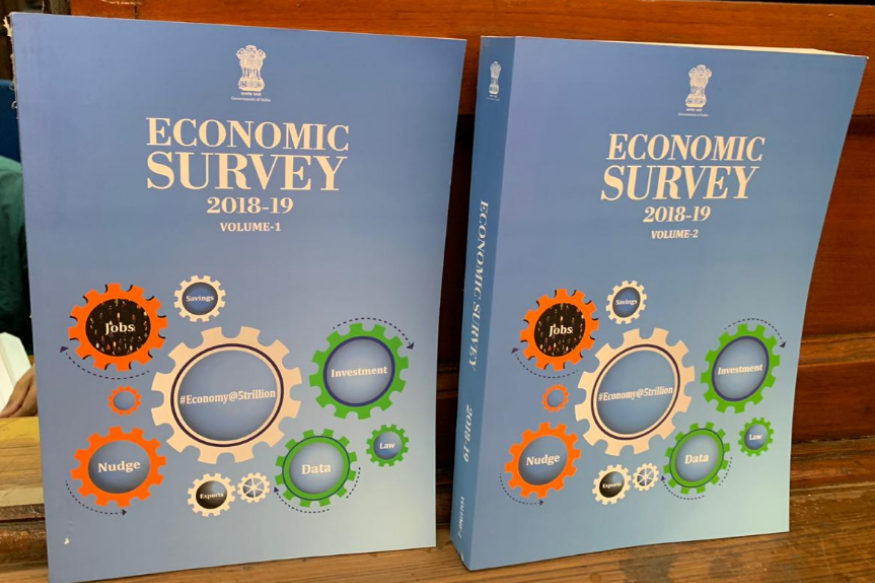Economic Survey: Taxpayer is ‘VIP’
 NEW DELHI : The government is expected to further ease the foreign direct investment (FDI) norms with a view to bridge the widening current account deficit (CAD), according to the Economic Survey 2018-19. “Government policies are expected to further lift restrictions on FDI inflows, which will continue to increase the stability of sources funding the current account deficit,” the survey, tabled in the parliament Thursday.
NEW DELHI : The government is expected to further ease the foreign direct investment (FDI) norms with a view to bridge the widening current account deficit (CAD), according to the Economic Survey 2018-19. “Government policies are expected to further lift restrictions on FDI inflows, which will continue to increase the stability of sources funding the current account deficit,” the survey, tabled in the parliament Thursday.
It said that from a macro-economic perspective, the deterioration of CAD may be contained if consumption slows in the economy while increase in investment and exports become the new drivers of the Indian economy.
The deficit increased to USD 57.2 billion or 2.1 per cent of gross domestic product (GDP) in 2018-19 as against 1.8 per cent in the previous year. The CAD, which is the net of foreign exchange inflows and outflows, had stood at USD 48.7 billion in 2017-18. It said the widening of CAD has been driven by a deterioration of trade deficit from 6 per cent of GDP to 6.7 per cent across the two years.
The Economic Survey has suggested ways to bring about behavioural changes to widen the tax net in India. The document listed out methods such as linking religion to tax evasion, rewarding top taxpayers by naming roads, building and trains after them, and expediting boarding privileges at airports, fast-lane privileges on roads and toll booths, special “diplomatic” type lanes at immigration, among others.
The Narendra Modi government predicted on Thursday that economic growth in the current fiscal year could rise to 7 per cent, up from five-year low of 6.8 per cent on the back of anticipated pickup in investment and consumption.
The NDA government’s first full-fledged Union Budget in its second term comes at a crucial juncture. India’s economy has been passing through a difficult phase of late and the country is looking to the Budget to present a road map to recovery.
Indeed, she must walk a tightrope — balancing fiscal consolidation with necessary growth stimuli. Sumant Sinha outlines the seven key areas where Nirmala Sitharaman’s maiden budget can make a difference.
With India’s population likely to grow at under 0.5 percent during 2031-41 as a result of dipping fertility rate and increased life expectancy, the Economic Survey of 2019 has pointed out that “an increase in retirement age is perhaps inevitable”.
The real GDP growth projection reflects a recovery in the economy after a deceleration in the growth momentum in 2018-19. Growth is expected to pick up in 2019-20 as macroeconomic conditions continue to be stable while structural reforms initiated in the previous few years are continuing on course.
“The theme of the survey – ‘Shifting Gears’ – is intended to achieve a sustained growth rate of 8 per cent. Using the learning from the Global Financial Crisis, the Survey departs from traditional thinking to view the economy in either a vicious or a virtuous cycle,” said Chief Economic Advisor K Subramanian. “The Survey makes a sincere effort to live up to the expectation of being an indispensable guide for following, understanding and thinking about the Indian economy.”

